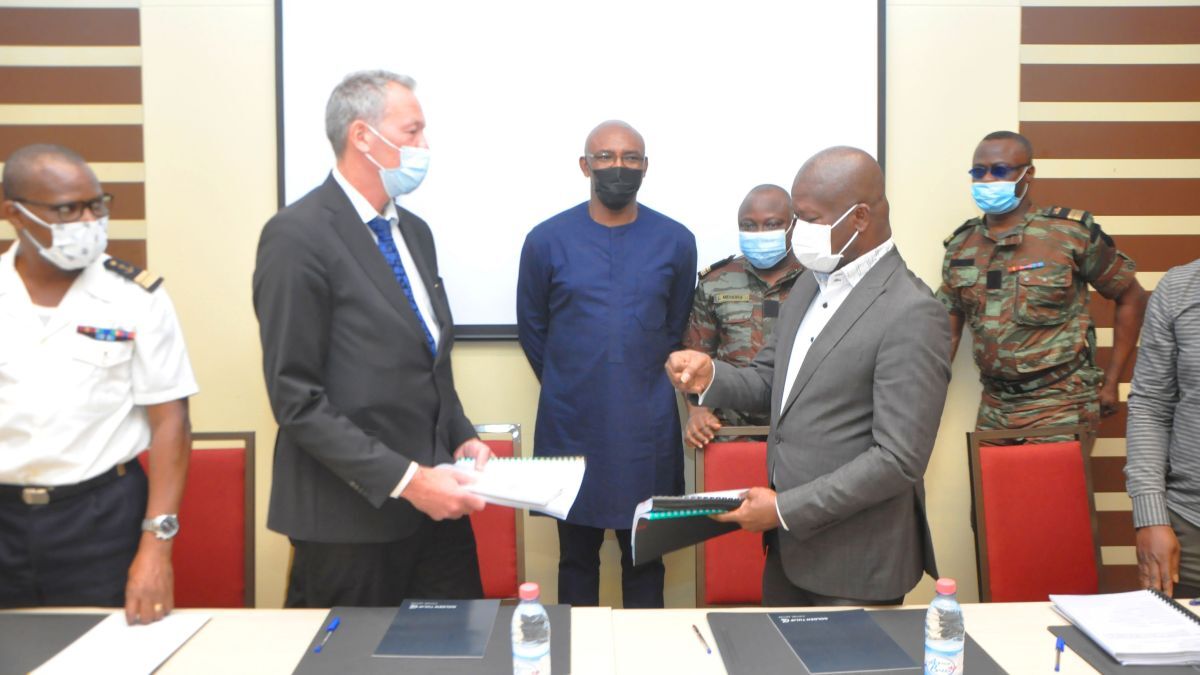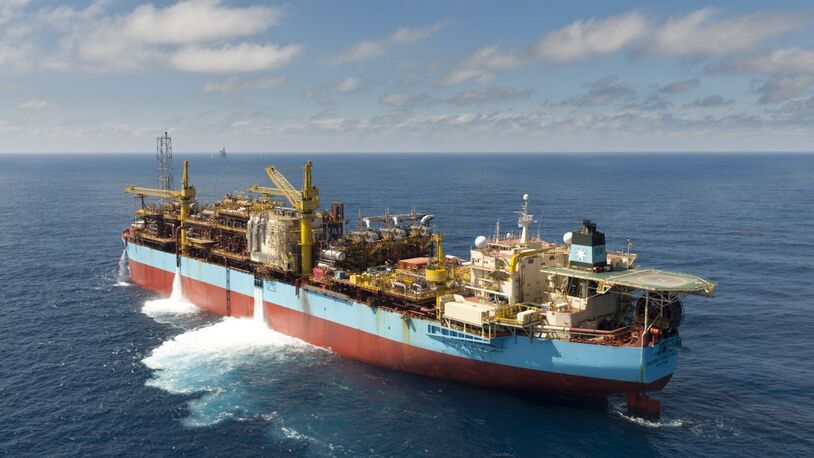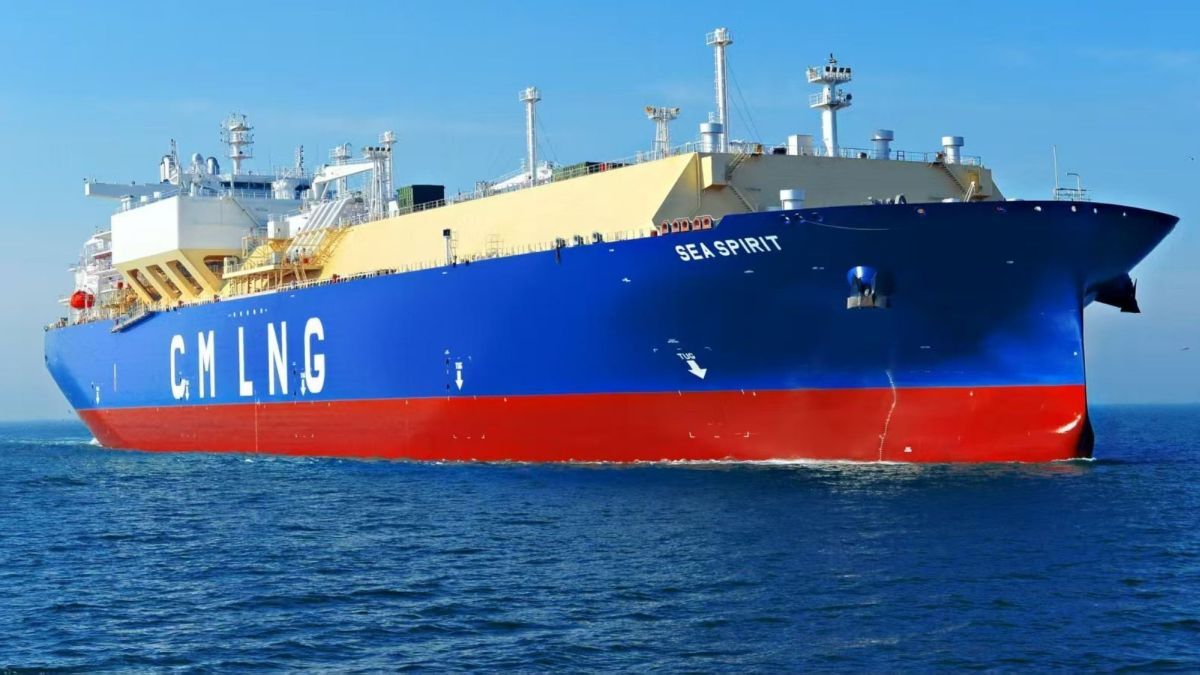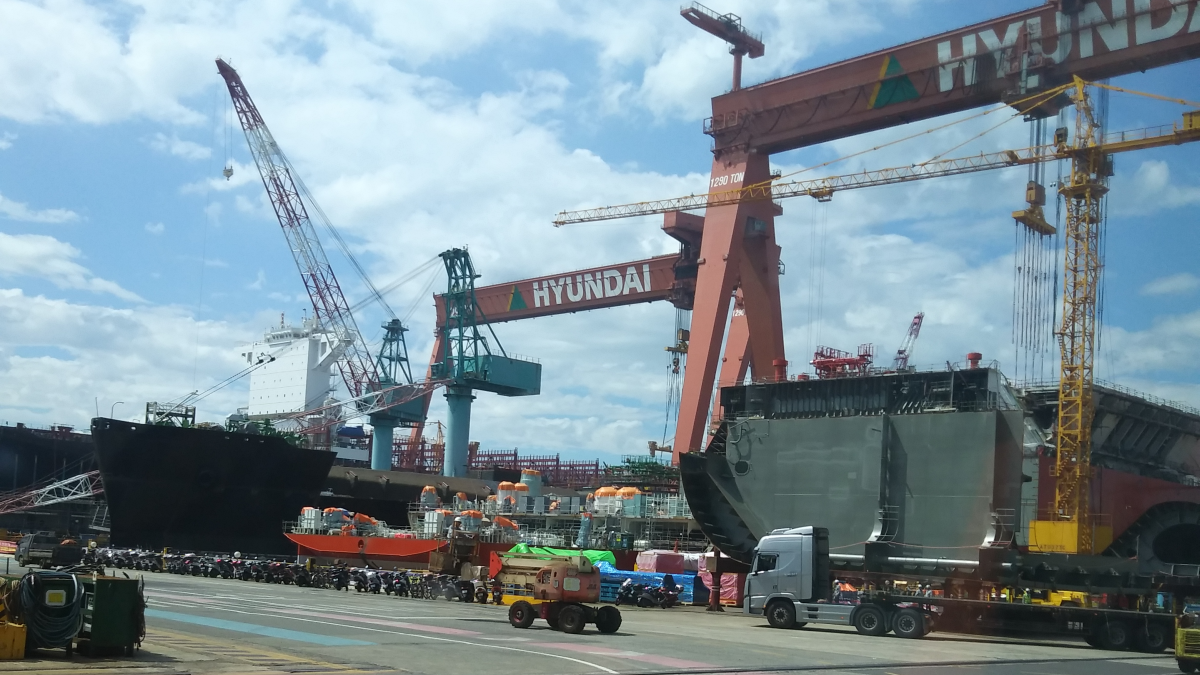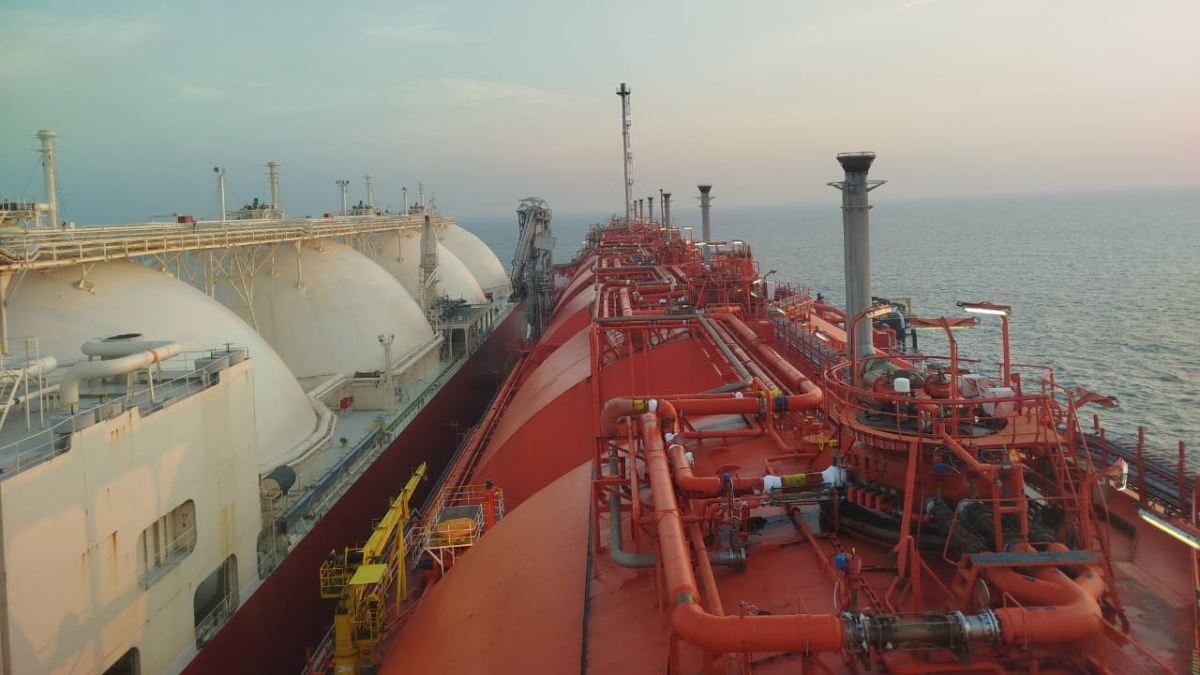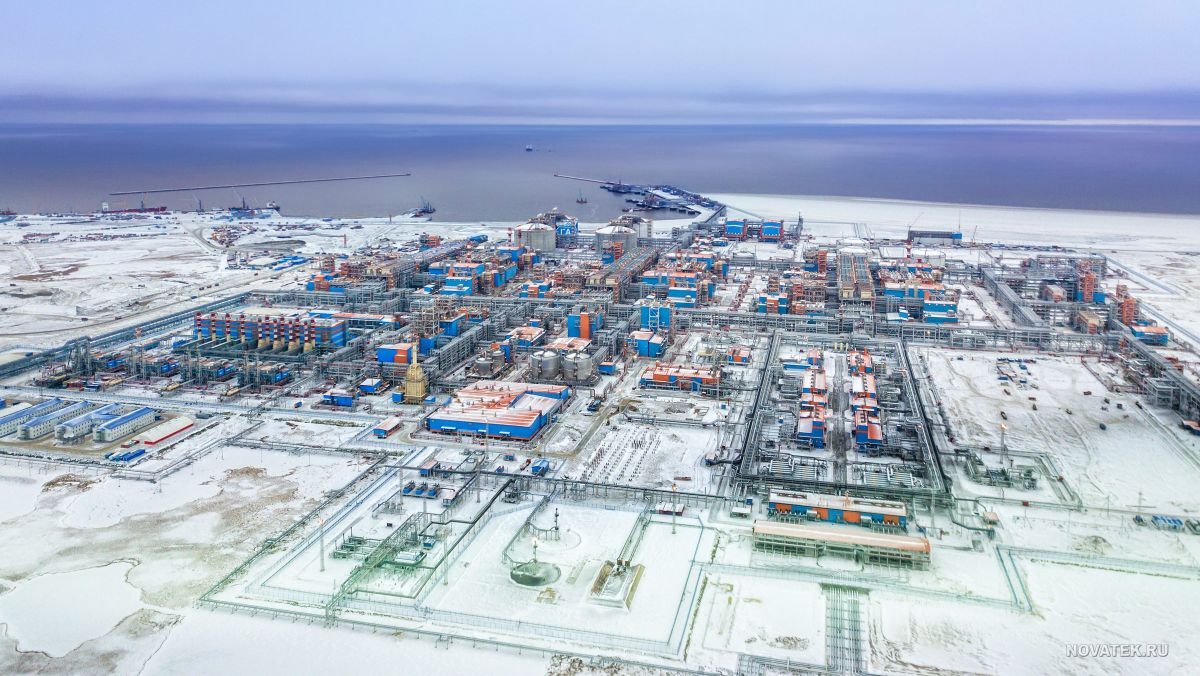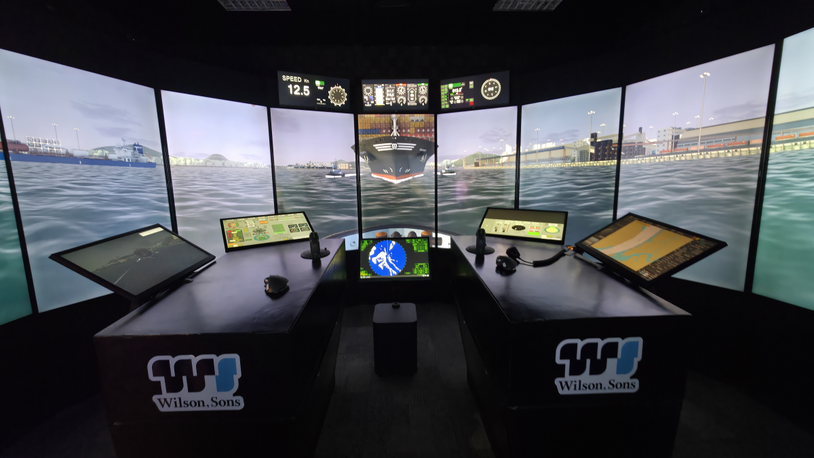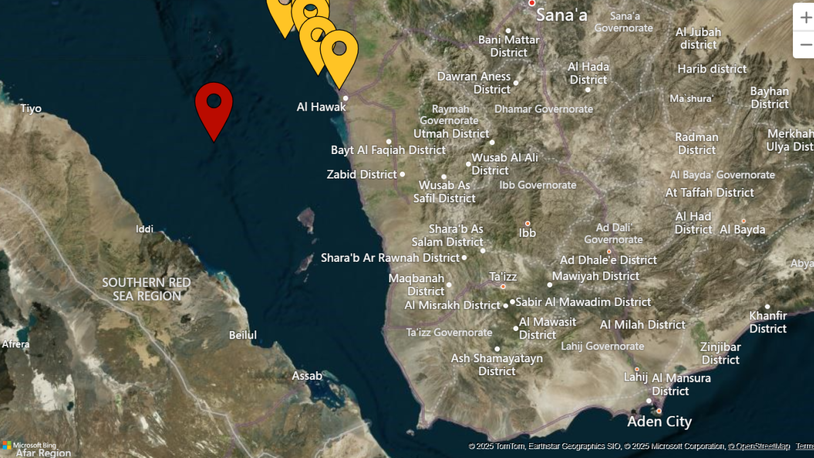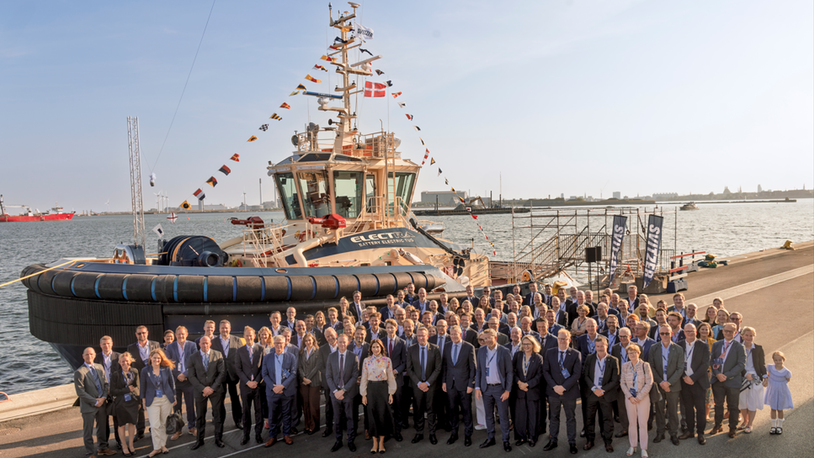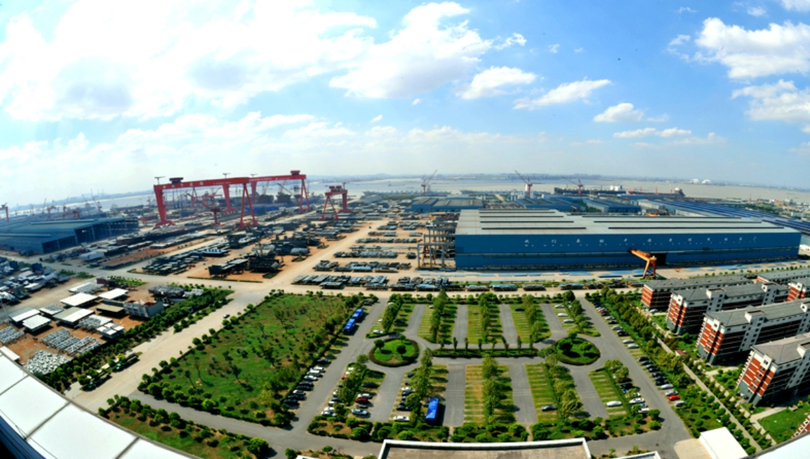Business Sectors
Events
Contents
Register to read more articles.
Gulf of Guinea's maritime security beefed up with tech deal
Benin’s maritime-linked authorities are strengthening security and pollution response in coastal and territorial waters by installing advanced monitoring equipment
Norwegian technology company Vissim has won a contract from the government of Benin to deliver a coastal monitoring system. Benin’s minister of defence Fortunet Alain Nouatin said the technologies and equipment will improve environmental monitoring, maritime security and ensure safer passage of vessels along Benin’s coastline and ocean area.
This contract with Vissim is funded by Export Finance Norway, which Benin’s minister of finance Romuald Wadagni said competitively financed the technology purchase.
“For us, this system means it will be easier to conduct safe trade with Benin, with the positive social development it entails,” said Mr Wadagni. “In addition, we create fertile ground for new investments that are conditional on a safe coastline and ocean areas, such as tourism and energy infrastructure.”
Vissim is a software developer, turnkey sensor and infrastructure provider which has delivered similar systems to authorities in Thailand and Egypt to give a real-time overview of marine traffic and factors affecting it, such as weather, wind, wave height, tidal conditions and more.
“We will essentially digitalise the coastline and ocean area offshore Benin, plus the country’s busiest port,” said Vissim chief executive Per Henæs.
“This enables the authorities to enhance protection of the local environment, combat illegal fishing, improve maritime safety, optimise port efficiency, and thereby contribute towards lower greenhouse gas emissions from shipping.”
Vissim’s software platform captures and processes millions of data points to improve situational awareness of the geographical area, integrating data from CCTV-cameras, the automatic vessel identification system (AIS), weather stations, VHF radio traffic and drones.
“Our software takes all this data and converts it via machine learning to an easy-to-understand overview displayed on large screens,” said Mr Henæs. “The ministries of environment, fisheries, customs, coastguard, harbour authorities and police authorities can all benefit from the solution.”
Benin’s ministry of environment can monitor and prevent oil spills and illegal sewage discharge from vessels, while the ministry of fisheries can detect and prevent illegal fishing. Customs can check that vessels arriving in Benin are cleared and thereby prevent smuggling. Harbour authorities can ensure safer entry and departure and more efficient port logistics. The police can use the system to prevent piracy, which can be a problem for vessels moored in the Gulf of Guinea.
Vissim’s scope of work includes delivering four sensor sites along Benin’s coastline.
Each of the coastal monitoring base stations will be equipped with CCTV, radar and technology that can detect oil spills.
Equipment will cover the entire coastline and up to 25 nautical miles offshore. The company will also supply drones equipped with advanced cameras.
Vissim will deliver infrastructure such as servers and large screens to a 500-m2 control room in Cotonou, Benin’s largest port and economic capital. All equipment will be installed and operational within 15 months after contract signing, by April 2023.
There are options to further expand co-operation and coastal monitoring systems. One options involves installing transponders on 800 Beninese fishing vessels as part of the nation’s efforts to prevent illegal fishing from foreign fishing vessels up to 25 nautical miles offshore.
The Vessel Optimisation Webinar Week will be held from 25-27 January 2022. Register your interest and access more information here
Related to this Story
Events
Offshore Support Journal Conference, Americas 2025
LNG Shipping & Terminals Conference 2025
Vessel Optimisation Webinar Week
© 2024 Riviera Maritime Media Ltd.


